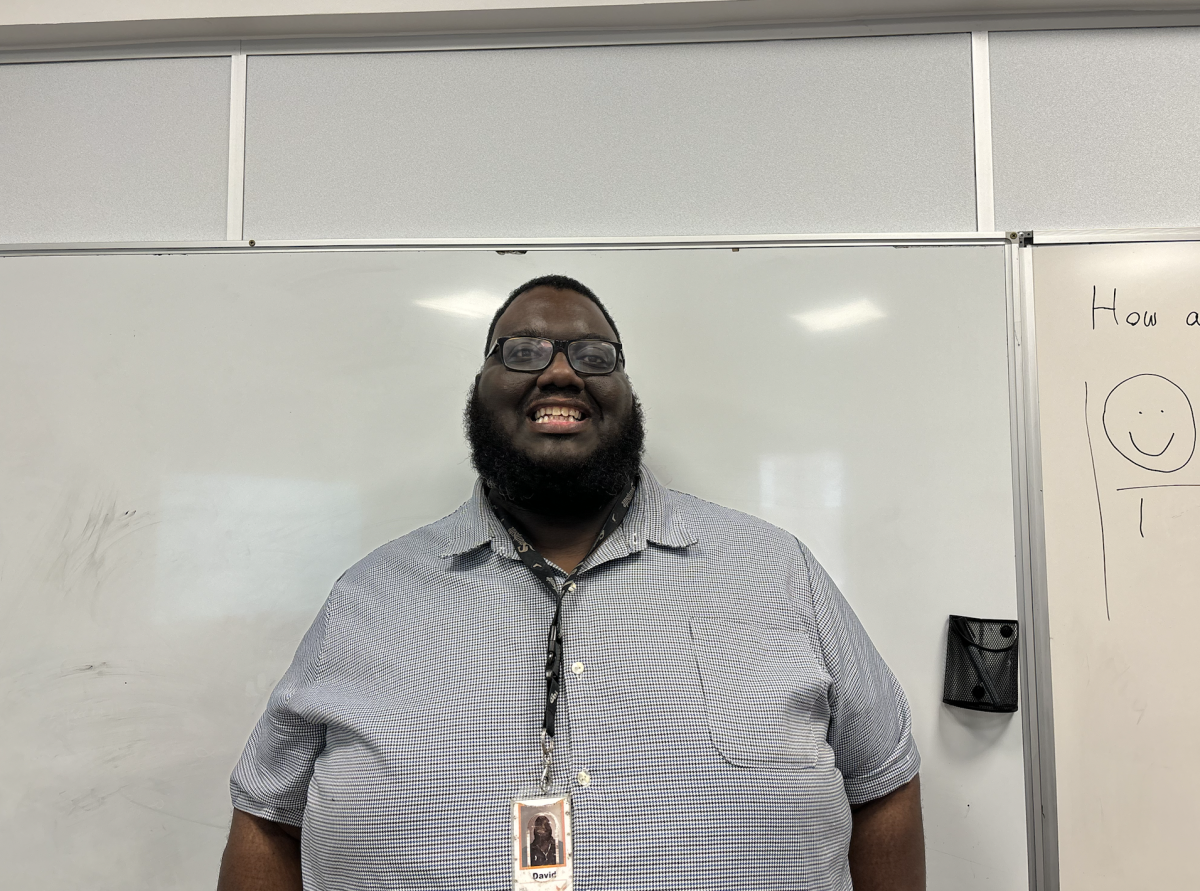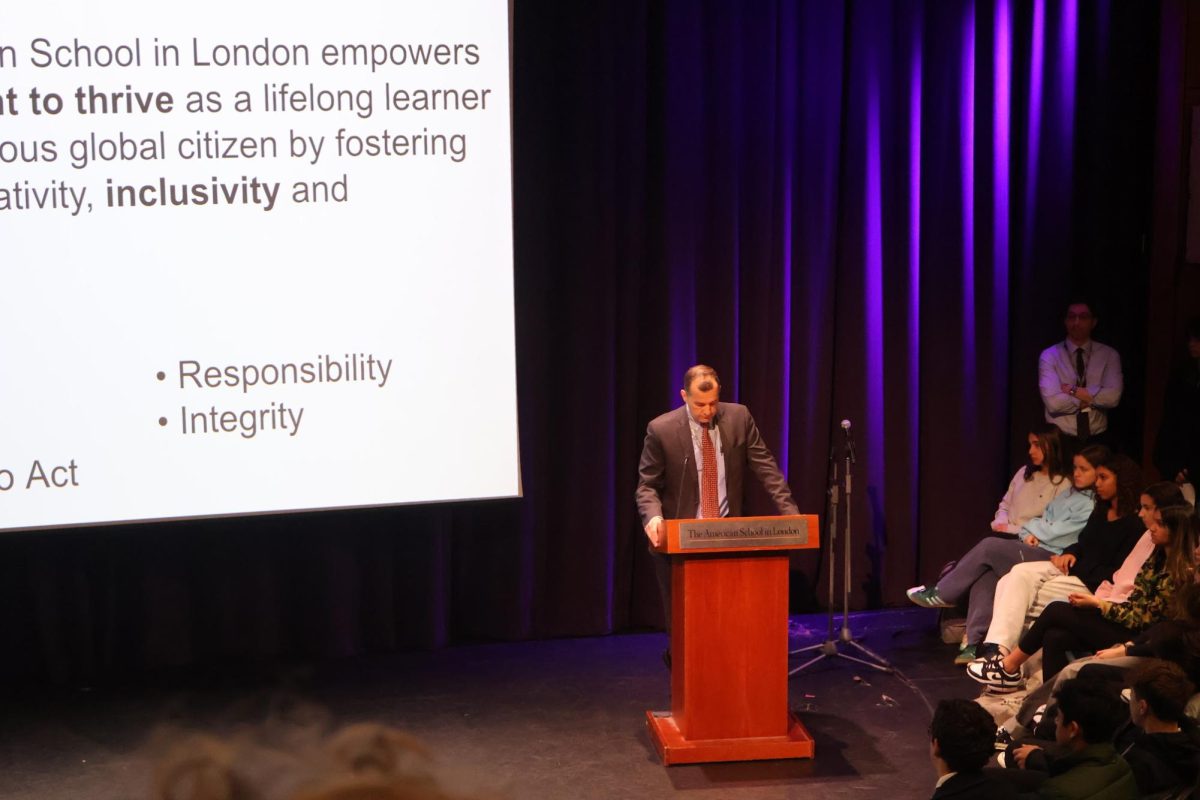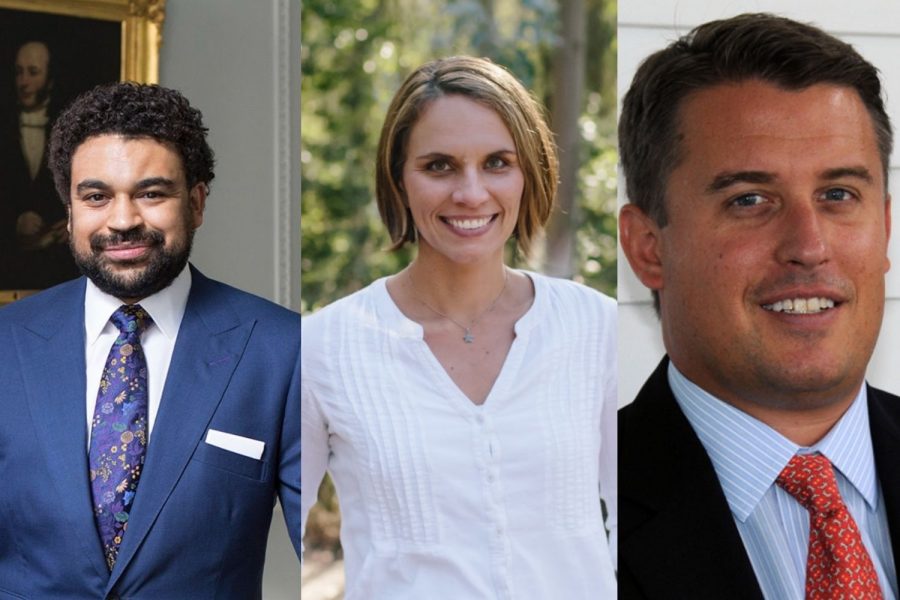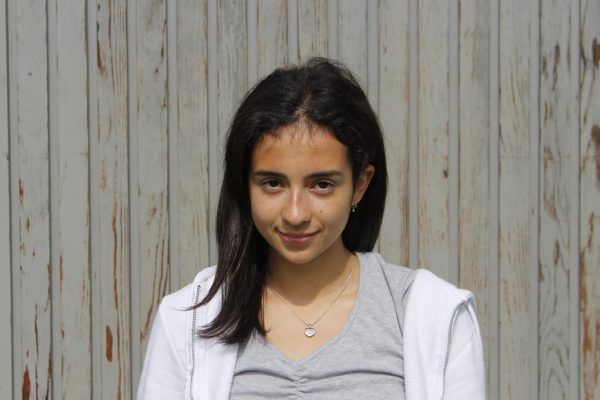This year, the alumni talks series, centered around the theme “Reimagining the World,” have become online webinars.
Usually, the alumni program hosts annual events in London and the U.S., which include class reunions. Since COVID-19 has restricted these in-person events, alumni webinars, accessible to the school community, have been moved online.
Associate Director of Advancement for Alumni Relations Libby Jones said moving these webinars online has allowed the talks to reach a wider audience.
“You can reach more audiences, you can reach more alumni than you can with an in person reception, and you can tailor the program because it’s fairly low maintenance to host a webinar,” she said.
The common theme “Reimagining the World” is based on ASL’s Diversity, Equity, and Inclusion statement that was developed last year.
In uncertainty, everything’s up in the air, so focus more on the direction you want to move in and not be so attached to the exact outcome you want.
— Laurie Below ('95)
During the school year, two alumni talks have been presented so far. “How to Navigate Uncertainty (and a Job Search) During COVID-19” was presented Nov. 17. The alumni speakers for this talk were founder of Redcliff Coaching Chantal Laurie Below (’95) and Dean of Career and Professional Development at Washington and Lee University John Jensen (’97).
Assistant Professor in the Department of Sociology and the Department of History of Medicine at John Hopkins University Dr. Sasha White (’06) presented his talk “Medical Racism and How to Build Anti-Racist Communities” Nov. 23.
Below said her talk was geared towards high school students, parents and people early on in their career who are all feeling attached to a specific future they want to pursue.
A key theme Below said she reinforced was that, especially in unpredictability, it is better to focus on a direction rather than a destination.
“In uncertainty, everything’s up in the air, so focus more on the direction you want to move in and not be so attached to the exact outcome you want,” she said. “Sometimes it can lead to disappointment, and it closes off opportunities because we might not actually know what we want.”
This is part of that educational experience for those who have moved on and still seek the special bonds that ASL gave them.
— John Jensen ('97)
Below said she hopes the alumni talks can not only give the ASL community alumni to reach out to, and also show people that they are not alone.
“It can be reassuring to hear from people who are further along in their life and career and are saying ‘it’s okay if you don’t have it all sorted out,’” she said.
Jensen presented alongside Below on “How to Navigate Uncertainty (and a Job Search) During COVID-19.”
Jensen said he remains very active in the community, which includes visiting ASL every June, raising money for the Annual Fund and being on the Giving Committee.
In his talk, Jensen presented on resumes and how to make yourself stand out as a job applicant. Jensen said the main takeaway was understanding your qualities and what they can lead to.
“I hope that people would understand that their story, the who they are and why they’re trying to pursue something, is the most critical part in any process in your life,” he said.
Jensen said that the school’s educational mission does not stop when students graduate, and the talks are a way to continue to have ASL be a part of alumni’s lives.
“This is part of that educational experience for those who have moved on and still seek the special bonds that ASL gave them,” he said.
White presented on the systemic racism in the medical world, and he said his objective was to allow students to think from different perspectives.
“Racism, especially in the United States in relationship to medicine, is truly systemic, and the legacies of racism have a profound effect still on the present,” he said.
Connecting this to the year’s theme of “Reimagining the World,” White said, in order to imagine a better future, we must recognize history.
Racism, especially in the United States in relationship to medicine, is truly systemic, and the legacies of racism have a profound effect still on the present.
— Sasha White ('06)
“We can see how inequality and oppression has dispossessed and disenfranchised so many, and if we want to reimagine a more equitable world, first we have to understand how oppression historically operated and figure out ways to reckon with and ameliorate those effects,” he said.
Moderating White’s talk were members of the Social Justice Council Rohit Venuturupalli (’21) and Jad Rubesh (’21), who asked questions posed by the SJC, as well as questions asked in the live chat.
Venturupalli said that, as White alluded to in his talk, the way to create change is to start with the “micro-community.”
“With our work in SJC, I think it all just starts within our own ‘micro-community’ because we all know how systemic racism isn’t necessarily explicit, how it’s hard to track, and how it’s hard to change,” he said.
Venuturupalli also said the talk gave him a new perspective on the race relations in the U.S.
“Not your everyday person is willing to go further and really understand the implications of being a person of color in the United States and what that means for your safety, your opportunity and your health,” he said.
In terms of future webinars, Jones said she hopes to plan two more for the spring semester.





